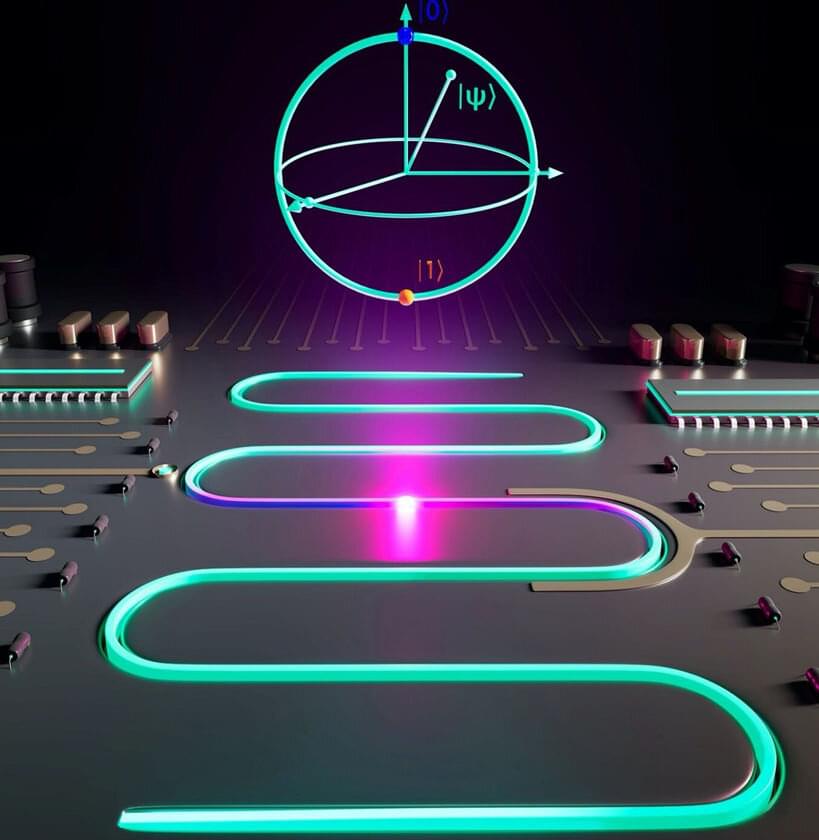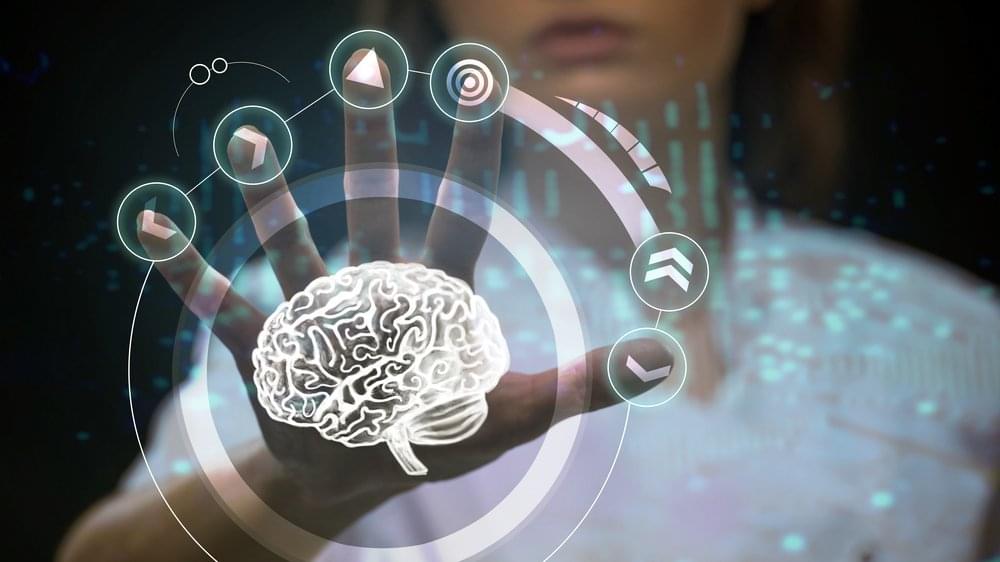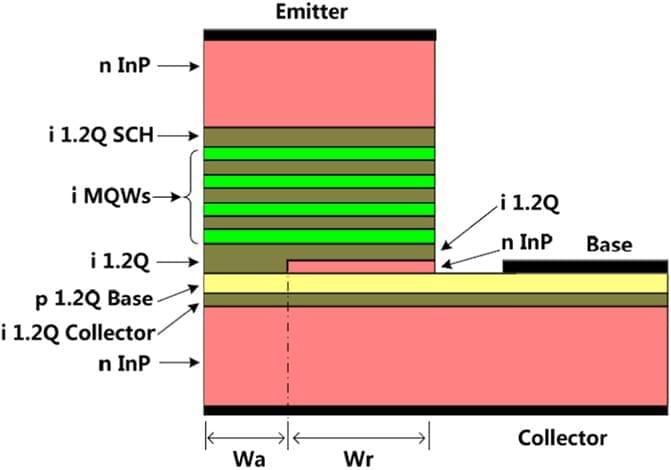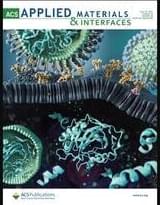A group of scientists from Aalto University, IQM Quantum Computers, and VTT Technical Research Center have discovered a new superconducting qubit, the unimon, to increase the accuracy of quantum computations. The team has achieved the first quantum logic gates with unimons at 99.9% fidelity—a major milestone on the quest to build commercially useful quantum computers. This research was just published in the journal Nature Communications.
Of all the different approaches to build useful quantum computers, superconducting qubits are in the lead. However, the qubit designs and techniques currently used do not yet provide high enough performance for practical applications. In this noisy intermediate-scale quantum (NISQ) era, the complexity of the implementable quantum computations is mostly limited by errors in single-and two-qubit quantum gates. The quantum computations need to become more accurate to be useful.
“Our aim is to build quantum computers which deliver an advantage in solving real-world problems. Our announcement today is an important milestone for IQM, and a significant achievement to build better superconducting quantum computers,” said Professor Mikko Möttönen, joint Professor of Quantum Technology at Aalto University and VTT, and also a Co-Founder and Chief Scientist at IQM Quantum Computers, who was leading the research.






